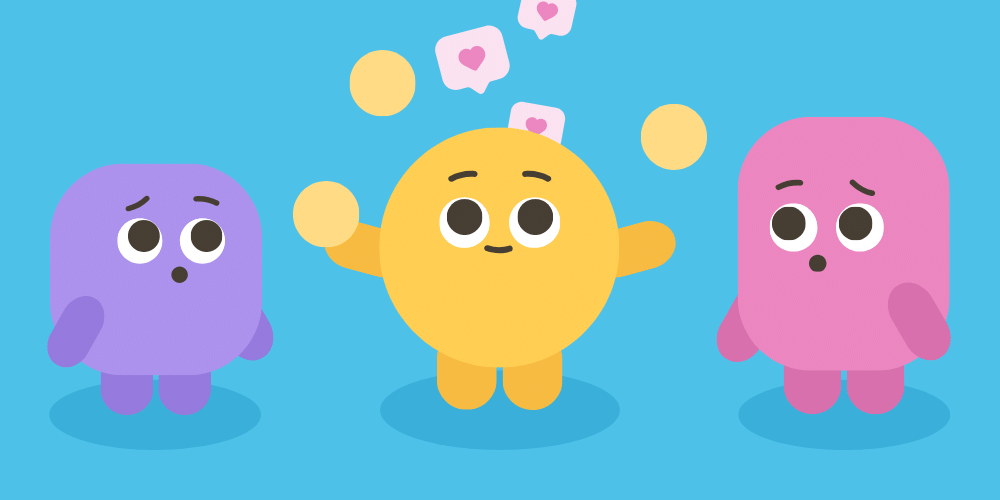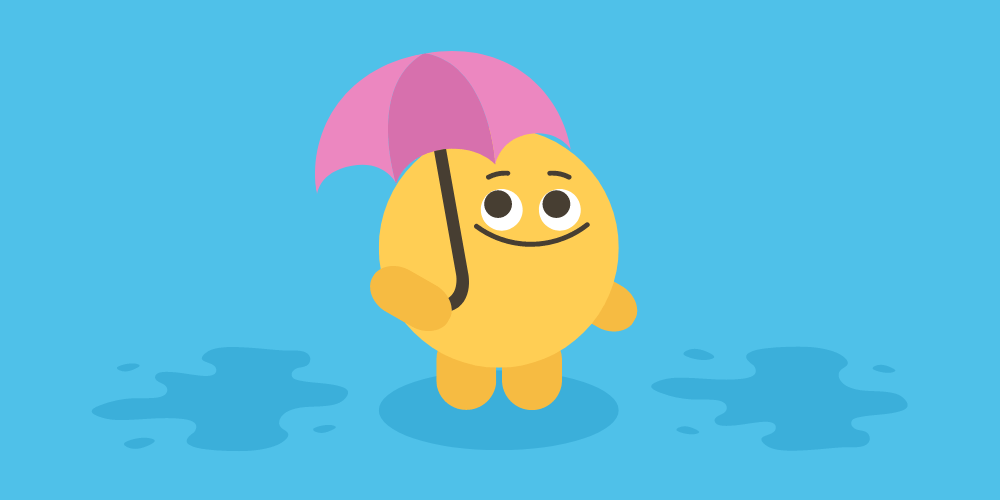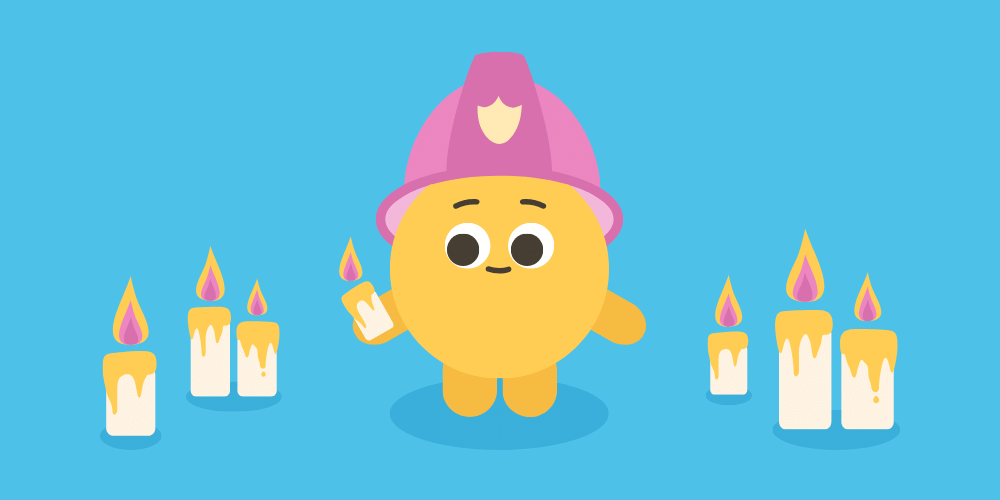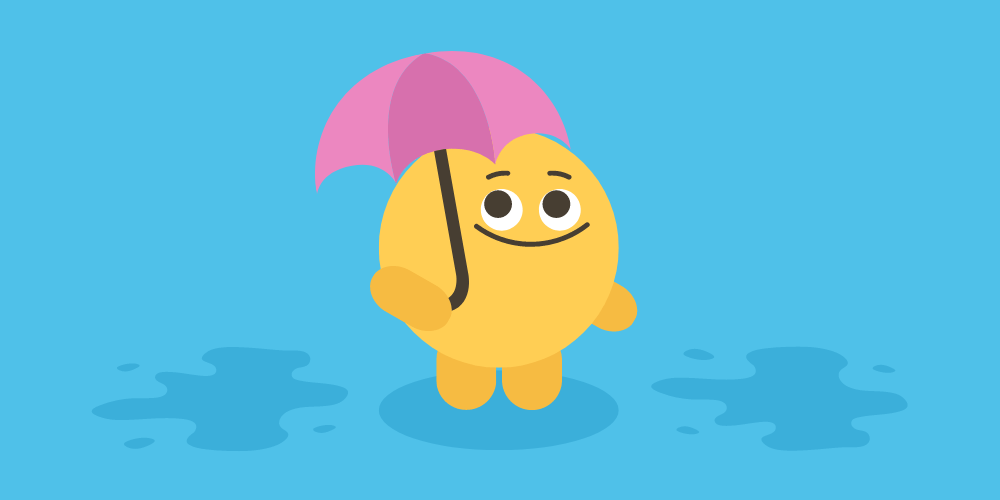
People often believe their next achievement will help them make it, and they will live happily ever after. Just a little more money, recognition, or fame, and all their problems will miraculously disappear. Indeed, there is nothing wrong with setting, striving for, and achieving goals. In fact, the last chapter of this course is dedicated to appreciative goal setting. However, no achievement will solve our problems if one of them is our happiness. Research shows that chasing only success leads to short-lived highs and long-lived misery.
Happiness leads to success, not vice versa.

It is no coincidence that appreciative goal setting turns out to be the last chapter. First, we will find the right fit and apply those skills to increase our happiness levels before we set and achieve our worldly goals. Instead of making a mistake by expecting to find happiness when we become rich and famous, we can learn to recognize and feel grateful for what we already have. Gratitude is fertile soil for happiness and subsequent success.
Gratitude turns what you have into enough.
Hopefully, previous lessons in the chapter Space have helped us remove distractions from our lives and see what is important—health, relationships, experiences, and purpose. This clarity will make it easier to practice gratitude.
The man is the richest whose pleasures are the cheapest.
— Henry David Thoreau
Benefits
Here are some benefits of gratitude:
- Improved mental health
- Improved physical health
- Improved performance
- Higher income
Happy people are grateful for things unhappy people take for granted.
Action steps
Here is how you grow your gratitude muscle:
- Settle in a comfortable place. Ideally, settle in your bed before falling asleep. Time and place do not matter if you are intentional and persistent.
- Find one reason to be grateful. Choose something you would typically take for granted. It can be something general, or it can be an event from that day.
- Allow yourself to feel gratitude. Remember you deserve to feel pleasurable emotions and that your happiness does not cost anyone else's happiness.
You can also practice gratitude with your loved ones. Share your reasons for gratitude with them. However, try to avoid being too serious or too descriptive. Remember from the last lesson that talking about positive experiences can diminish their intensity.
Your neighbor's grass may be greener, but one can always find something to be grateful for, such as a roof, clothing, and clean water. Today, you can feel thankful for learning a skill that will profoundly transform your life.

Pleasurable emotions
We recently learned that suppressing our painful emotions only increases their intensity. However, this "strategy" cannot be used to intensify our pleasurable emotions. We cannot pressure-steam them and expect to reach sudden nirvana upon release. Yet, people often suppress pleasure. They may believe they are not worthy of happiness or that feeling good comes at others' expense. Neither of these are rational nor true. Among all pleasurable emotions, gratitude may be the strongest. Watch out for any resistance toward this emotion.
Thousands of candles can be lighted from a single candle, and the life of the candle will not be shortened. Happiness never decreases by being shared.
— Buddha

By only chasing money, recognition, and fame, we may well become beggars in a Ferrari. By focusing on our happiness instead, our desired success will come as a result.
Boost your attitude by ending your day with gratitude.
Now or never
For the next two weeks, before you fall asleep, find one reason you can feel grateful and allow yourself to feel it with your whole body and mind. Create a daily reminder.


